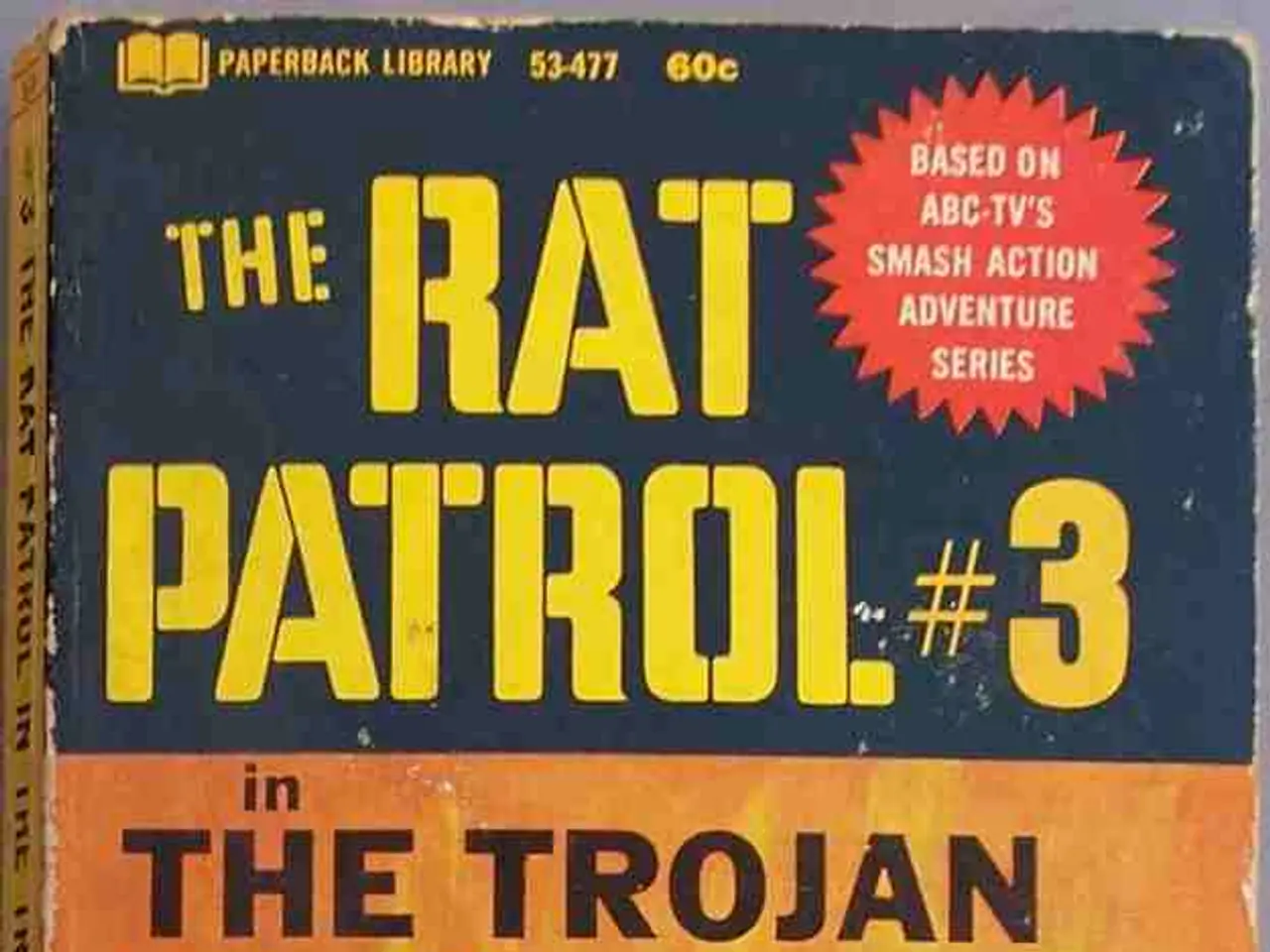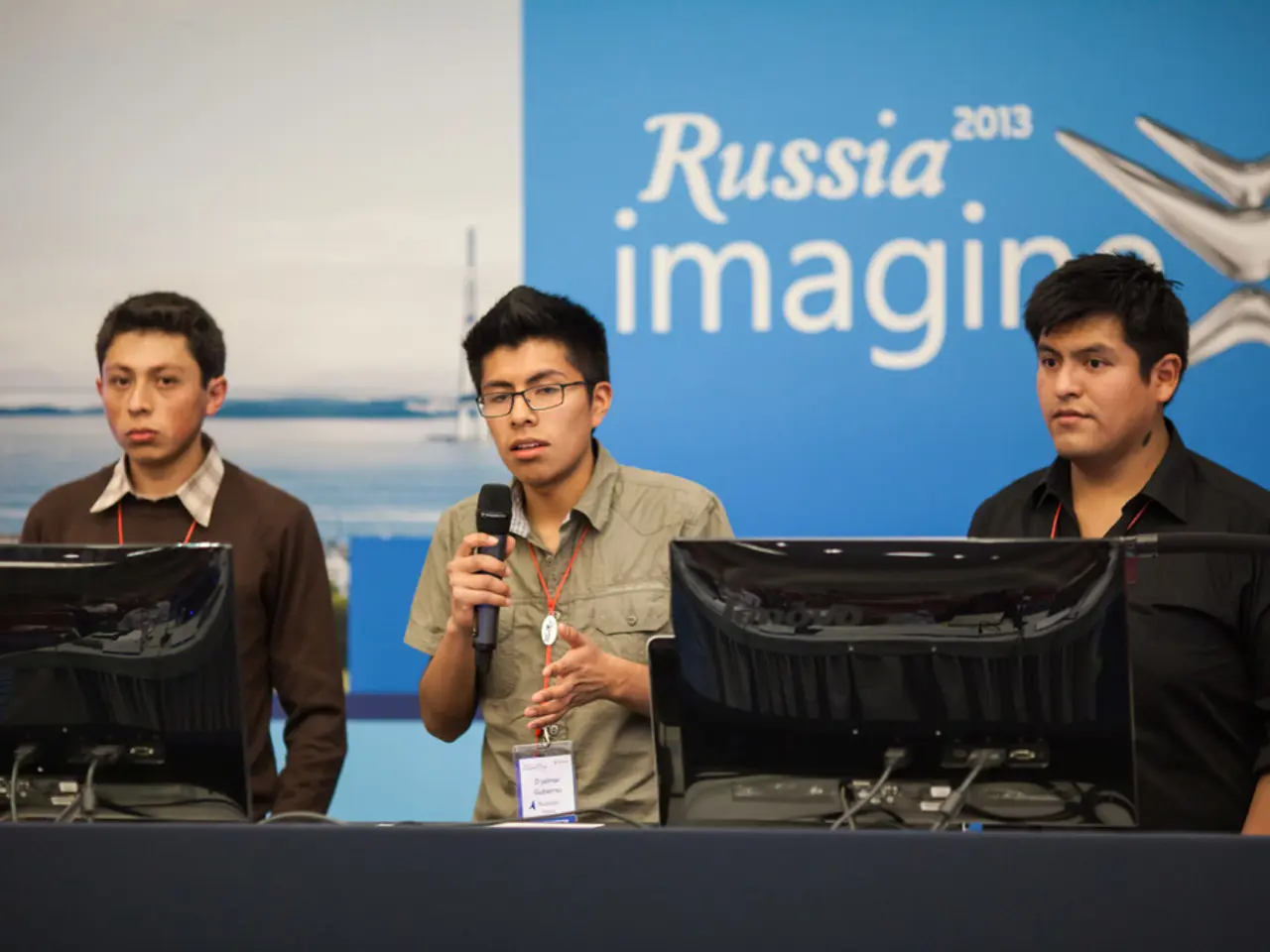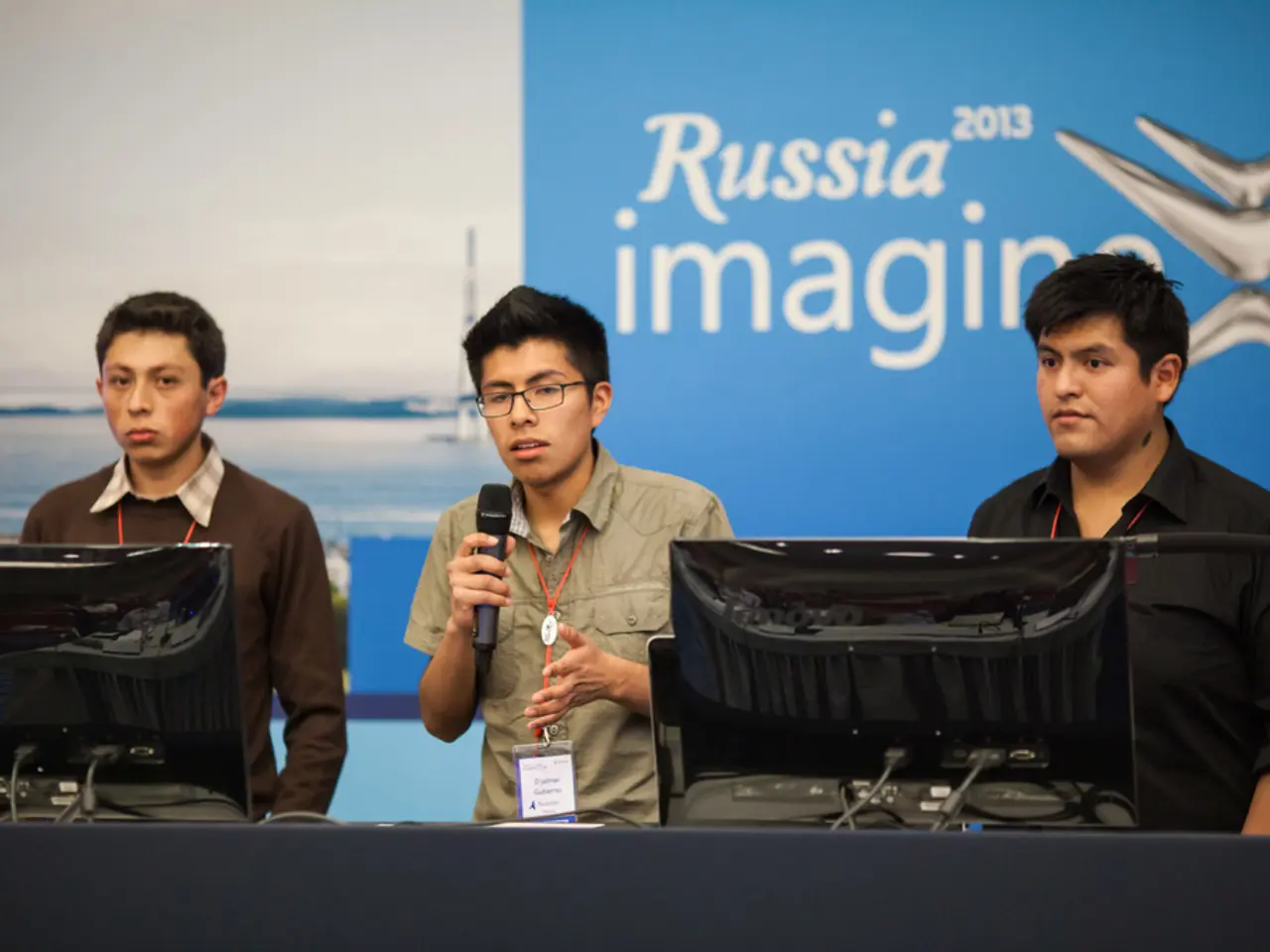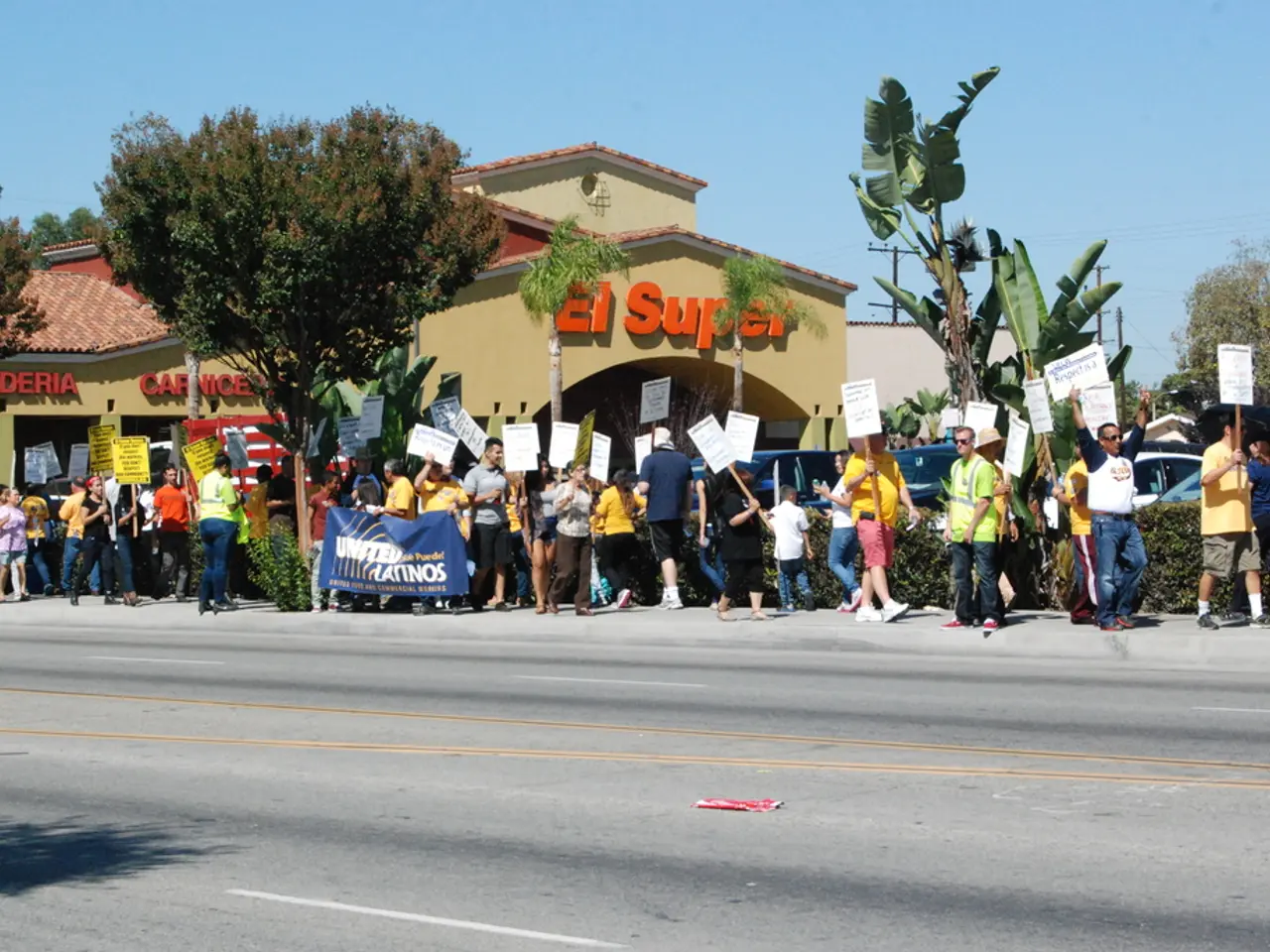Azovstal Interview on MWI Podcast
Urban Warfare in Mariupol: Insights from Sergeant Arseniy Fedosiuk
On the upcoming episode of the Urban Warfare Project Podcast, Sergeant Arseniy Fedosiuk will share firsthand experiences from the intense battle of Mariupol, providing valuable insights into the complexities and brutal realities of modern urban combat. The battle served as a stark example of how urban environments transform warfare, requiring unique tactics and adaptations.
Key Lessons and Insights:
- Complexity of Urban Terrain: The dense, rubble-strewn cityscape of Mariupol turned every street, building, and basement into potential strongholds. Familiarity with the urban environment, including underground passages and ruined infrastructure, was critical.
- Close Quarters Combat and Civilian Presence: Fighting in residential neighborhoods demanded extreme caution to minimize civilian casualties. Combat was often at very close range, necessitating proficiency with small arms, grenades, and hand-to-hand tactics.
- Adaptability and Small Unit Cohesion: Dispersed forces had to self-manage without consistent direct support. Effective communication, local initiative, and trust among squad members were vital for survival and mission success.
- Use of Technology and Intelligence: Drones and reconnaissance played a significant role in gathering information about enemy positions and movements despite the urban clutter.
- Psychological Strain and Morale: The prolonged, intense environment combined with witnessing civilian suffering deeply affected combatants mentally. Psychological resilience and support systems were critical components in coping with stress.
- Logistical Challenges: Supplying frontline troops amid blockades and heavy bombardment required innovative solutions and persistence.
- Tactical Flexibility: Traditional tactics had to be adapted continuously in response to evolving enemy strategies and the unpredictable urban battlefield.
Sergeant Arseniy Fedosiuk, one of the Ukrainian soldiers in Mariupol, will share his experiences in a conversation scheduled for release on July 21, 2023, on the Urban Warfare Project Podcast. The podcast, hosted by John Spencer, will delve into the details of the battle, providing a unique perspective on the challenges faced by Ukrainian forces during the siege of Mariupol.
Within a week, Mariupol was surrounded and the Ukrainian defenders in the city were cut off. Mariupol, an important port city on the Sea of Azov, was one of their initial targets. The city was vital to Russian plans to establish a land bridge connecting Russia with Crimea. In the initial days of the assault, ground forces advanced while artillery bombarded the city. Despite being outnumbered, Ukrainian forces held out for three months in Mariupol, defending a shrinking perimeter with a command post in the Azovstal steel plant.
The image used in this article is available on Wikimedia Commons, credited to armyinform.com.ua. The full conversation with Sergeant Fedosiuk will be released on July 21, 2023, on the Urban Warfare Project Podcast. For more insights into urban warfare, stay tuned to the Urban Warfare Project Podcast.
"The upcoming episode of the Urban Warfare Project Podcast will offer a detailed account of Urban Warfare in Mariupol, shedding light on the complexities and realities of modern Urban Warfare. As Sergeant Arseniy Fedosiuk shares his experiences, we can expect to gain valuable insights into the implications of Urban Warfare in the broader context of war-and-conflicts and politics, contributing to the general news discourse."
"In discussing his experiences during the siege of Mariupol, Sergeant Fedosiuk will provide a unique perspective on the adaptations and challenges faced by Ukrainian forces in urban environments, demonstrating the transformative impact of warfare on politics and general news."







